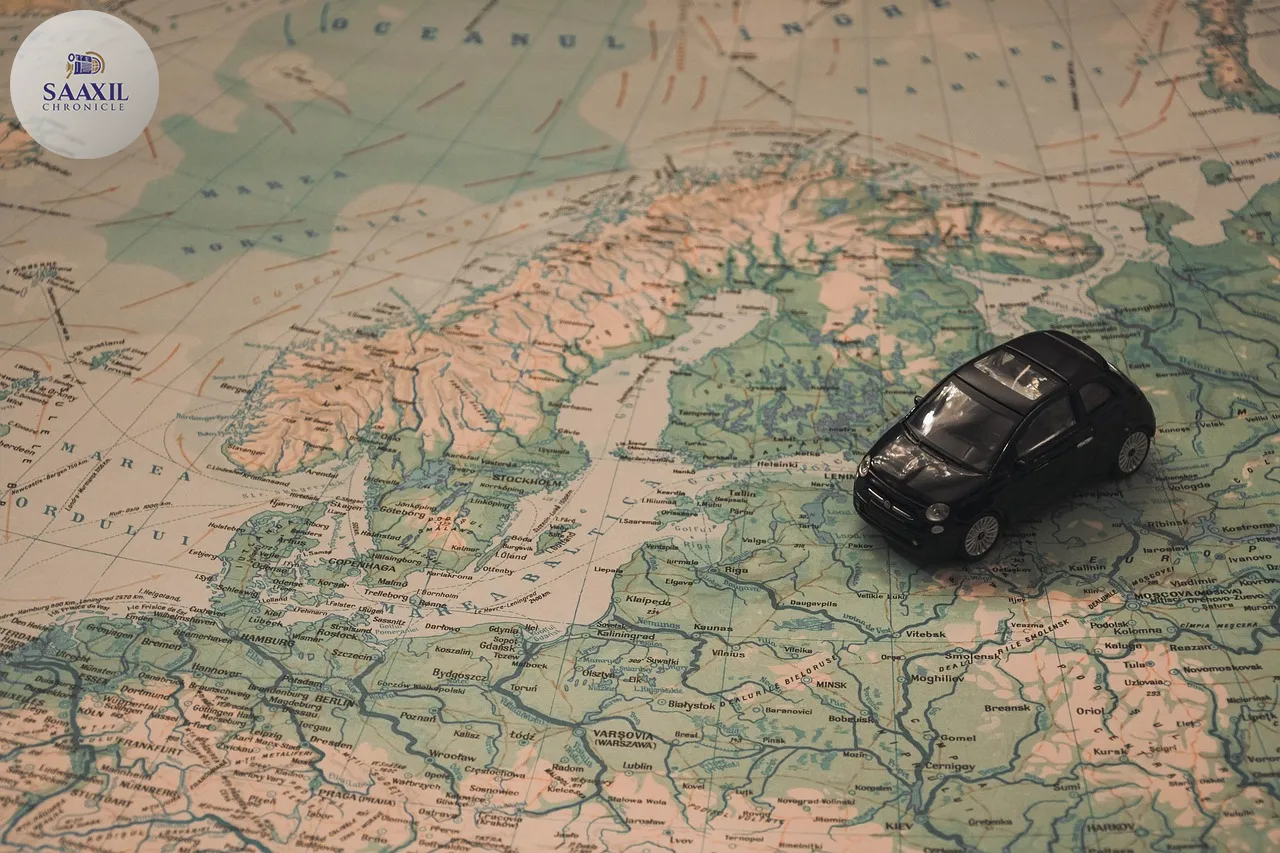In a striking development, the UK has emerged as a pivotal hub in the burgeoning cocaine trade across Europe. This shift in the drug trafficking landscape has profound implications for communities and economies worldwide. Recent data reveals a significant increase in cocaine availability in the UK, making it a prime market that is fuelling the continent’s demand for the illicit substance. Law enforcement agencies and experts express concern over the economic and social ramifications of this trend, which has far-reaching effects beyond European borders.
The Emergence of the UK as a Key Market
The UK’s growing prominence as a cocaine market is not an isolated phenomenon but a reflection of broader shifts in drug trafficking routes. Traditionally, cocaine entered Europe through southern nations like Spain and Portugal. However, in recent years, traffickers have increasingly targeted northern European ports, with the UK becoming a central entry point. The National Crime Agency (NCA) notes that this shift is partly due to the UK’s strategic location and robust transport links, which facilitate the swift distribution of cocaine across the continent.
In 2023 alone, UK border officials seized over 10 tonnes of cocaine, a stark increase from previous years. This surge is attributed to enhanced detection techniques and a concerted effort to crack down on drug smuggling operations. However, it also highlights the sheer volume of cocaine being trafficked into the country. “The UK has become a significant node in the European cocaine trade,” says a spokesperson from the NCA. “This trend is concerning and requires a coordinated international response.”

Factors Driving Increased Demand
The rise in cocaine consumption in the UK is driven by several factors, including its affordability and the perception of cocaine as a ‘party drug’ among young adults. According to a 2024 report by the European Monitoring Centre for Drugs and Drug Addiction (EMCDDA), the price of cocaine in the UK has decreased over the past decade, making it more accessible to a broader demographic. Additionally, the drug’s presence in social settings, such as nightclubs and festivals, has contributed to its normalisation.
Experts warn that this increased demand is not without consequences. “Cocaine use has significant health implications, including addiction and mental health disorders,” says Dr. Emily Carter, a public health expert. “The normalisation of cocaine in social circles can lead to a rise in these issues, placing additional strain on healthcare systems.”
Global Impact of the UK’s Cocaine Trade
The UK’s role in the cocaine trade does not only affect domestic markets but also has global repercussions. The demand for cocaine in Europe fuels production in Latin America, where the majority of the world’s cocaine is cultivated. This demand perpetuates a cycle of violence and instability in producer countries, as cartels vie for control over lucrative drug routes.
The United Nations Office on Drugs and Crime (UNODC) reports an increase in deforestation and environmental degradation in these regions, as coca cultivation expands to meet global demand. “The environmental and social costs of cocaine production are staggering,” notes a UNODC representative. “Addressing the demand in consumer countries like the UK is crucial to mitigating these impacts.”
Law Enforcement and Policy Responses
In response to the growing cocaine trade, UK authorities have ramped up efforts to disrupt trafficking networks. This includes increased collaboration with international partners and the implementation of advanced surveillance technologies at ports and borders. The UK government has also invested in public awareness campaigns to educate the public about the dangers of cocaine use.
Despite these efforts, experts argue that a more comprehensive approach is needed. “Law enforcement alone cannot solve the problem,” says Inspector John Lewis of the Metropolitan Police. “We need to address the root causes of drug demand through education, treatment, and social support.”
Looking Ahead: The Future of Drug Policy
As the UK grapples with its role in the cocaine trade, policymakers face the challenge of balancing enforcement with prevention and treatment strategies. There is growing recognition of the need for a multi-faceted approach that addresses both supply and demand. This includes investing in drug rehabilitation programmes and supporting international initiatives aimed at reducing coca cultivation.
The UK’s expanding role in the European cocaine trade underscores the complexity of global drug trafficking networks. As authorities continue to combat this issue, the focus remains on protecting communities from the social and economic harms associated with drug use. The coming years will be critical in determining the effectiveness of these efforts and the potential for lasting change in drug policy.
In the face of these challenges, the international community’s cooperation will be vital in curbing the cocaine trade and its associated impacts. By addressing both the supply and demand sides of the issue, there is hope for a future where the devastating effects of cocaine on societies can be mitigated.





